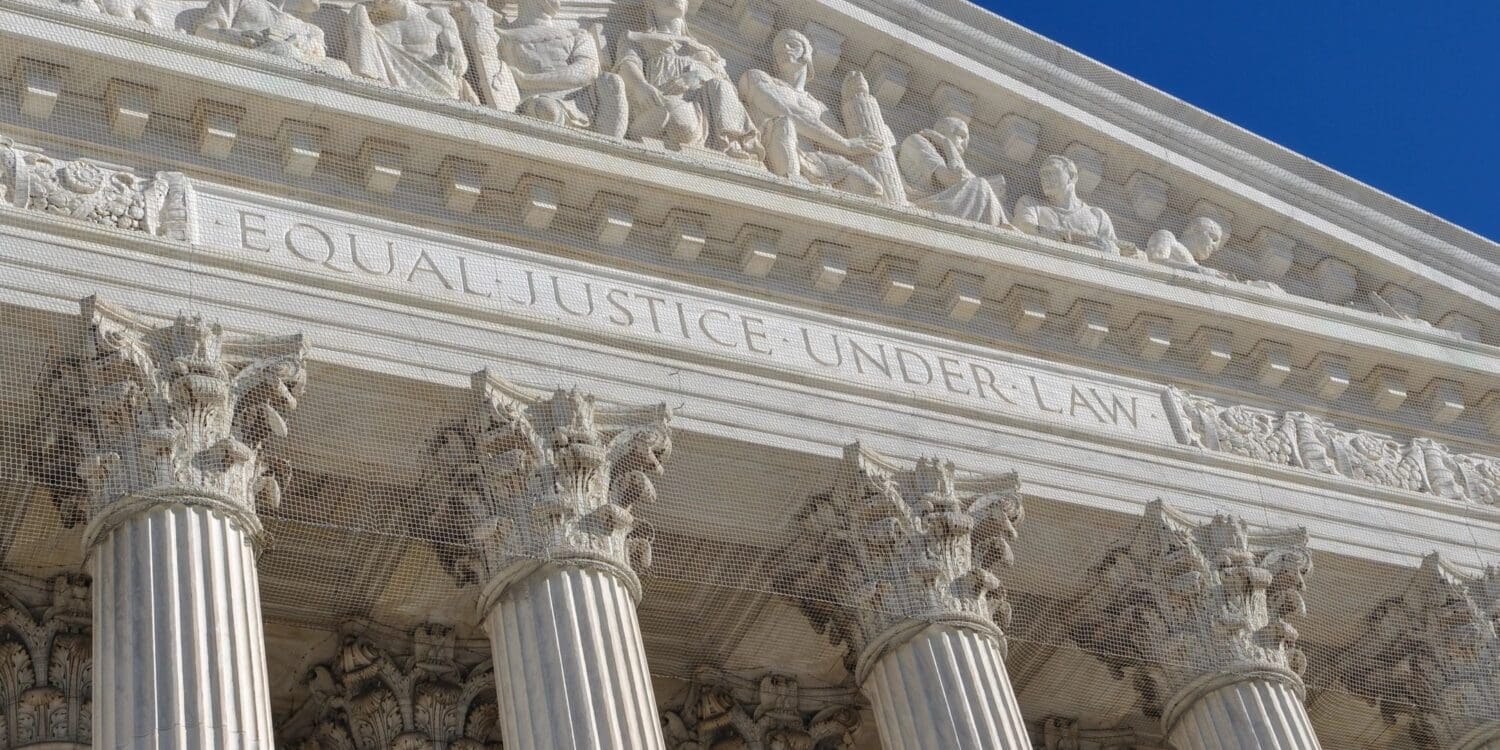
Teacher Unions Fear Friedrichs’ Outcome
Steve Malanga, in the Wall Street Journal, gives reasons why union officials are running scared as the Supreme Court prepares to hear Friedrichs v. California Teachers Association. The case, which could end forced dues for government employees, builds on Supreme Course case precedents won by the National Right to Work Legal Defense Foundation, such as Abood and Knox. Teacher unions fear they would have to “earn” their members’ participation, not force teachers to pay dues.
It has been a difficult five years for government-employee unions, and the Supreme Court appears poised to strike another blow. During the current term, the justices will hear Friedrichs v. California Teachers Association, a case challenging rules in 23 states—including California, Illinois and New York—that force government workers to pay hefty “agency fees” to unions that they have no interest in joining.
Labor activists call these “fair share fees,” on the theory that nonunion workers, even if they don’t pay full dues, still benefit from collective bargaining—for example, from a wage increase negotiated by union representatives. In a brief filed last week with the Supreme Court, the California Teachers Association argued that such fees are vital “to avoid labor strife, to secure economic stability, to insure the efficiency and continuity of state and local governments.”
Forty years ago, the Supreme Court bought that argument. The court’s 1977 ruling in Abood v. Detroit Board of Education affirmed a Michigan law that required teachers opposed to their union to pay the agency fee anyway. For decades, this precedent has supplied unions with a steady stream of revenue from nonmembers.
